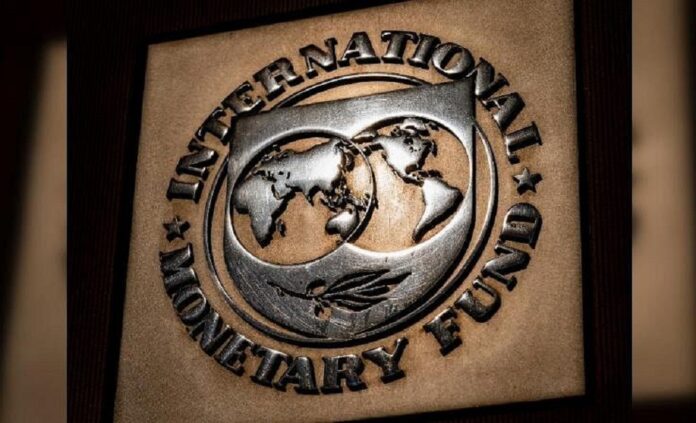June 14, Colombo (LNW): The International Monetary Fund (IMF) has recognized Sri Lanka’s significant progress in advancing debt restructuring efforts aimed at restoring debt sustainability. Peter Breuer, Senior Mission Chief for Sri Lanka, emphasized the urgency of finalizing the Memorandum of Understanding with the Official Creditor Committee and securing final agreements with the Export-Import Bank of China.
At a press briefing on June 14, Breuer highlighted the importance of completing restructuring agreements with external private creditors in line with program targets. While IMF staff will continue to support the authorities with creditor coordination, Breuer cautioned that despite these positive developments, the Sri Lankan economy remains vulnerable, and the path to debt sustainability is precarious.
Key vulnerabilities associated with debt restructuring, revenue mobilization, reserve accumulation, and banks’ capacity to support recovery continue to challenge the outlook. Breuer stressed the necessity of maintaining reform momentum and strong ownership by both the authorities and the broader Sri Lankan populace to transition from stabilization to full recovery.
To achieve fiscal sustainability, Breuer noted that it is critical to sustain revenue mobilization efforts, finalize debt restructuring promptly, and protect social and capital spending. Enhancing public financial management and strengthening the debt management framework are also essential steps.
The IMF Executive Board’s approval on June 13 reflects the strong performance of the program. All quantitative targets were met, with the exception of a marginal shortfall in the indicative target on social spending. Most structural benchmarks were either met or implemented with delays.
Monetary policy should continue to focus on price stability, supported by a commitment to refrain from monetary financing and to safeguard central bank independence. Ensuring continued exchange rate flexibility and gradually phasing out balance of payments measures are crucial for rebuilding external buffers and facilitating external rebalancing. Additionally, restoring bank capital adequacy and strengthening governance and oversight of state-owned banks are top priorities to revive credit growth and support economic recovery.


